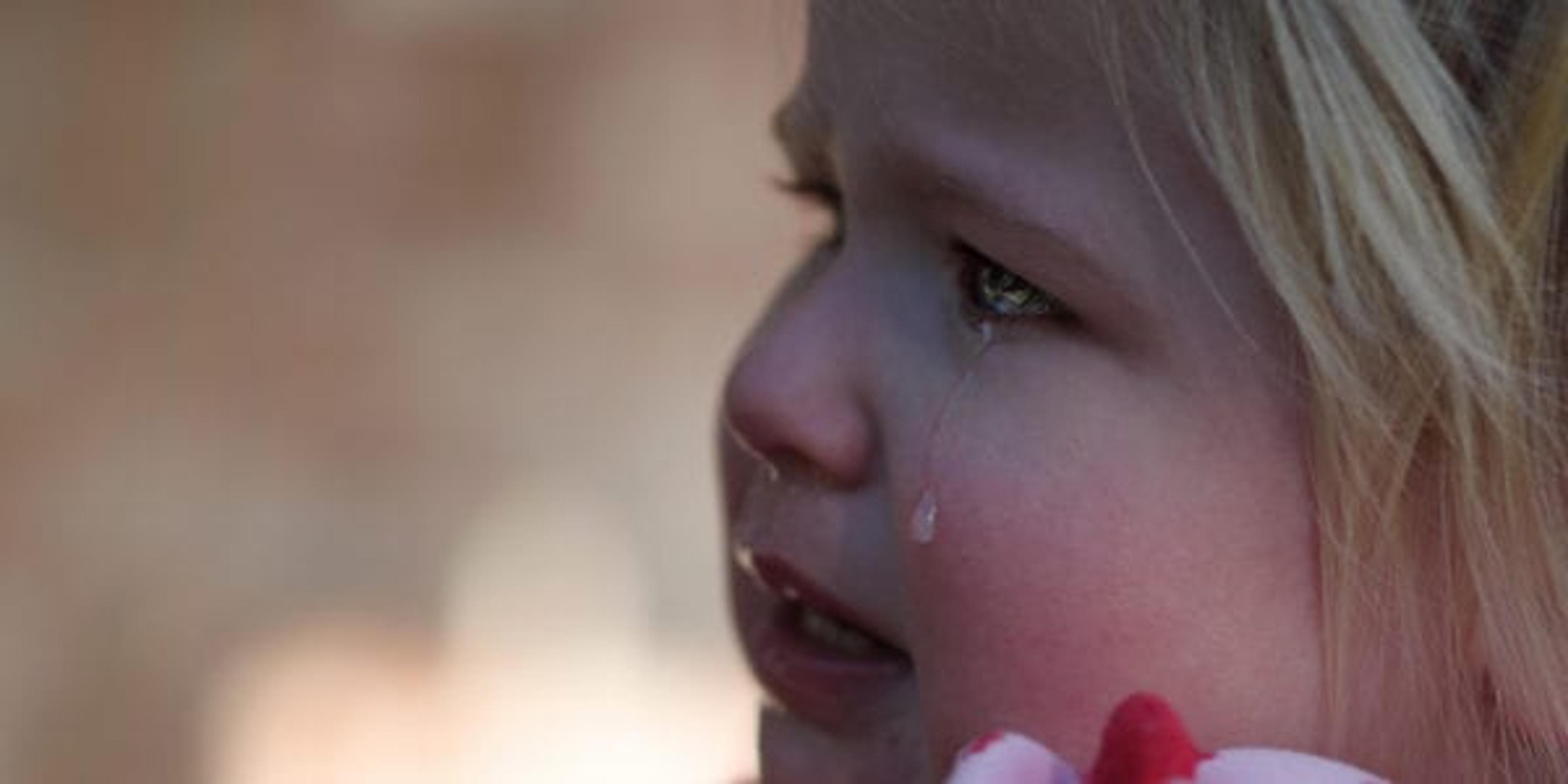Helping Children Cope with Grief: 5 Expert Tips
| 3 min read

The death of a loved one is never easy, but the grieving process is particularly difficult for children.
They may not fully comprehend what has happened and also might be unable to verbally communicate feelings to express their grief.
It’s important that children process their grief in a healthy way. Unresolved childhood grief is linked to depression, truancy and poor school performance, aggression and violence, substance abuse, criminal behavior, and suicidal tendencies.
If your family is dealing with a death, here are some things to keep in mind when it comes to helping children process their feelings.
Provide honest, factual information. Death is a natural part of life and it’s important to talk about in a natural, conversational, factual style. Provide honest information and keep explanations simple, concrete, and brief. Use the words “dead,” “die,” and “death.” Avoid words such as “lost” or “passed away” which could be confusing to a child.
Be prepared for a lot of questions. Kids absorb abstract concepts slowly. It is common for them to ask questions about the death of a loved one, friend, teacher, or pet weeks or even months later. Be patient and expect to repeat many of the same responses.
Ease their fears. The more a child grows up with a healthy understanding of death, the less fear that child will have. By shielding a child from death and the rituals of mourning, kids learn that death is a taboo, mysterious, and fearful issue. Death can also bring up fears of abandonment, so it’s important to assure your child you’ll be there for him or her and to distinguish common illnesses from serious diseases.
Let them grieve in their own way. Children should never be forced to attend a funeral, but if they wish to go, it can provide an excellent way to let them say “goodbye.” Prepare them for what they will see and experience at the service. Be ready for a wide range of emotions, as children grieve very differently than adults. While adults often release their emotions by crying and talking, children might express them through their behavior and play. It’s normal for them to be sad for a little bit, then start playing happily. Children also tend to re-visit their grief at times of significant change.
What not to say. While an open dialogue is important in helping children cope, there are some explanations that could unnecessarily confuse or frighten a child.
- “Josh lost his dad.” Children could be confused and wonder why nobody is going to look for him. The child could wonder if anyone will look for him if he is “lost”.
- “Only the good die young.” A child could interpret this as reason to misbehave – “I’d better not be good or I’ll die, too.”
- “We had to put Rover to sleep.” A child could infer that sleeping means dead, so they’d better not go to sleep.
- “Grandma died because she was old and sick.” Children often think of their parents as “old” and if one of them comes down with a cold, could worry they’ll die too.
These tips were provided by Ele’s Place staff. If you’re dealing with the death of a loved one and you’re finding it difficult for your child or children to process, seek help as a family. Ele’s Place offers free peer support groups to children and their adult caregivers grieving a loved one, and caregivers can also call for a clinical consultation. If there’s not an Ele’s Place location near you, you can search for grief support near you on www.childrengrieve.org/find-support.
If you enjoyed this post, you might also like:
Photo credit: ellyn.





